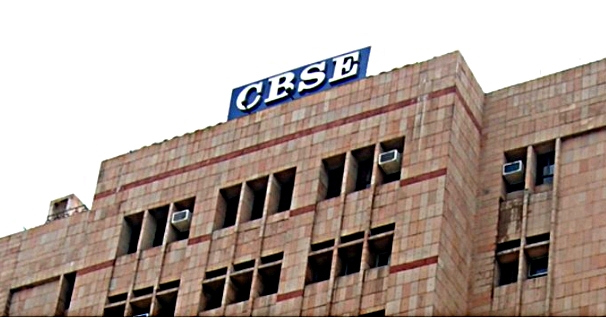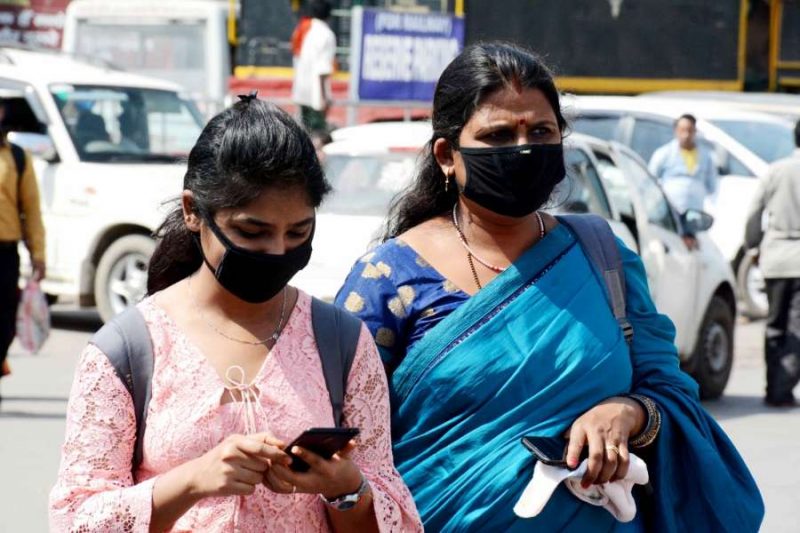Chennai recorded the highest number of cyberattacks in the country during the January-March quarter of this year as threat actors targeted the city with a variety of attacks aimed at exploiting user trust and enterprise vulnerabilities, said a report on Tuesday.
The infection rate in Chennai stood at 42 per cent during the quarter, followed by Patna at 38 per cent and Bengaluru, Hyderabad and Kolkata at 35 per cent each, said the “Cyber Threat Monitor Report” by home-grown cybersecurity company K7 Computing.
Threat actors continued to exploit vulnerabilities in outdated software and operating systems in this quarter.
Windows XP and Windows 7 were the most at risk as Microsoft has stopped providing updates and patches to these versions.
The report revealed that attacks by rootkits like Curveball, Remote Code Execution, phishing attacks based on Covid-19 trends, and DOS (denial-of-service) attacks were popular.
Complex USB attacks also saw an increase — popular among these were crypto mining malware.

“We are seeing an increasing trend of threat actors targeting enterprises with complex viruses, Trojans, and even ransomware,” J Kesavardhanan, founder and CEO of K7 Computing, said in a statement.
“On an individual level, the current risks facing users are fake apps, Covid-19 apps infected with malware, and phishing attacks. The most worrying of all is the new trend of many advanced threat actors offering malware as a service to cybercriminals.”
The research found that among tier-1 cities, Chennai, Bengaluru, Hyderabad and Kolkata recorded the highest rate of infections, while among the tier-2 cities, Patna registered the highest infection rate at 38 per cent followed by Guwahati, Jammu and Bhubaneswar.
These attacks were designed to exploit user trust and scam people for financial gains.
However, the report found that there was an eight per cent decrease in the overall rate of cyberattacks in the country during the January-March in comparison to the previous quarter.






